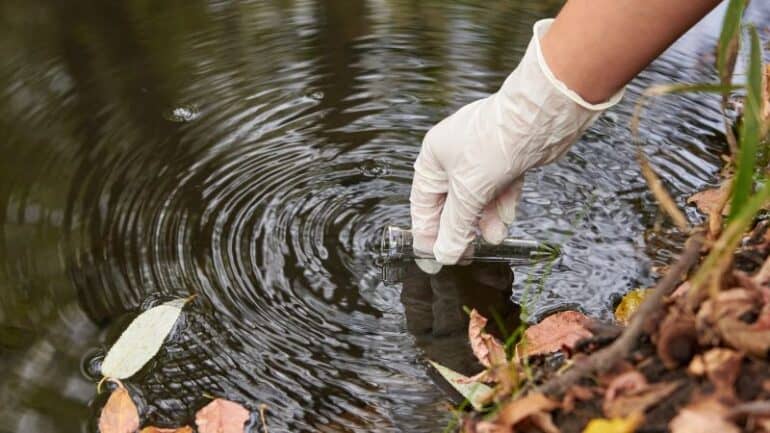You may have heard about using DNA in police investigations to convict suspects of a crime, but what about environmental DNA?
On this episode of The Science Briefing, Dr Sophie Calabretto talks to Cosmos magazine journalist Ellen Phiddian to delve into the technology behind eDNA analysis, discussing its advantages, limitations, and ethical considerations.
Click the link below and listen the full episode:
Phiddian said researchers could collect eDNA fragments and identify animal species in particular areas through eDNA metabolic coding or eDNA barcoding.
The eDNA technology is a powerful tool that can be used in various environments, including water, soil, and even air.
So far, the eDNA has been mostly used to find marine creatures, insects, and other wild organisms.
“Through this technique, you can collect a single sample, and it can tell you so much information about what’s in the environment,” Phiddian said.
The technology provides a non-intrusive and efficient way to monitor ecosystems and track changes in biodiversity, but experts are concerned this technology poses privacy risks for humans.
“It’s made a lot of ecology much cheaper and faster, but that’s also a downside because it means that anyone could collect DNA,” she added.
The ethical concerns surrounding the collection of human DNA have become a contentious issue due to the difficulty of obtaining consent from individuals, making it a nearly “impossible” task.
“For example, there’s a thing called biopiracy, which is basically taking knowledge from a disadvantaged community or an indigenous community and using it to benefit your own research and technology without letting any of the wealth or the benefits flow back to the people.”
Introducing The Science Briefing: a podcast about the science of everything and your new go-to podcast for your snapshot of science news. Hosted by Dr Sophie Calabretto and featuring journalists from Cosmos Magazine. Hear it on the LiSTNR app now.
